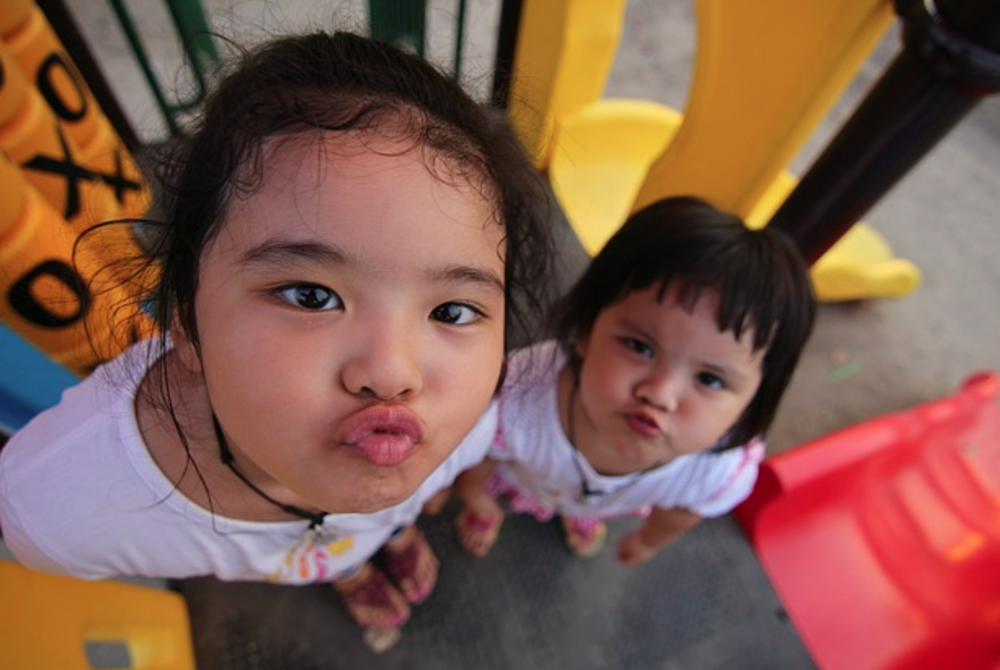Covid-19 pandemic continues to harm Thai children's education and development

BANGKOK, Thailand - The Covid-19 pandemic continues to have a negative impact on Thai children's education and development as more children are staying out of school and their literacy and numeracy skills are declining compared before the pandemic, according to the latest national survey.
The Multiple Indicator Cluster Survey (MICS) conducted by the National Statistical Office (NSO) and United Nations Children’s Fund (Unicef) released on Monday also revealed improved child wellbeing in many areas, such as a rise in exclusive breastfeeding, declining adolescent birth rates and less violent discipline used against children at home.
The largest national survey on the situation of children and women in Thailand revealed that 75 per cent of children aged between 3 and 4 attended early childhood education in 2022, compared with 86 per cent in 2019.
The survey also revealed that more children of primary education age stayed out of school in 2022 than in 2019 where the figure increased from 1 per cent to 4 per cent. In lower secondary schools, the out-of-school rates increased from 3 per cent to 5 per cent. The out-of-school rate was highest in upper secondary schools, at 15 per cent in 2022.
Children's literacy and numeracy skills deteriorated during the pandemic. In 2022, only 47 per cent of Grade 2 and 3 children had basic reading skills, down from 52 per cent in 2019. Similarly, only 40 per cent of children had basic numeracy skills in 2022, down from 47 per cent in 2019.
The survey also revealed poor nutrition could pose a long-term negative impact on children’s brain development, health and well-being. In 2022, 11 per cent of children under 5 were obese, up from 9 per cent in 2019. Stunting, underweight and wasting rates in 2022 were almost unchanged compared to 2019, at 13 per cent, 7 per cent and 7 per cent respectively.
On early marriages, it said one in six young women aged 20-24 (17 per cent) married before the age of 18 and almost 6 per cent of girls married before 15 in 2022 an increase from 3 per cent in 2019.
Meanwhile, the survey showed improved child wellbeing in many areas such as a rise in exclusive breastfeeding, declining adolescent birth rates and less violent discipline used against children at home.
Besides that, Thailand's adolescent birth rate decreased from 23 per 1,000 women aged between 15 and 19 years in 2019 to 18 in 2022. The prevalence of violent discipline at home has continuously decreased from 75 per cent in 2015 to 58 per cent in 2019 and 54 per cent in 2022.
Kyungsun Kim, Unicef Representative for Thailand, said the MICS 2022 data confirmed the devastating and lingering impact of the pandemic, especially on education.
"Although the peak of the Covid-19 pandemic may have passed, its impact continues to threaten children's well-being and development.
"It has jeopardised children’s development and pushed many of them out of school. It is essential that Thailand invests in quality education, health and social protection systems to close the gap and ensure children can live up to their full potential and help the country achieve a prosperous and sustainable future for all,” she said in a statement.
MICS is conducted every three years and examines 130 factors affecting the well-being of children and women in Thailand, such as health, development, education and child protection. - BERNAMA
Download Sinar Daily application.Click Here!














